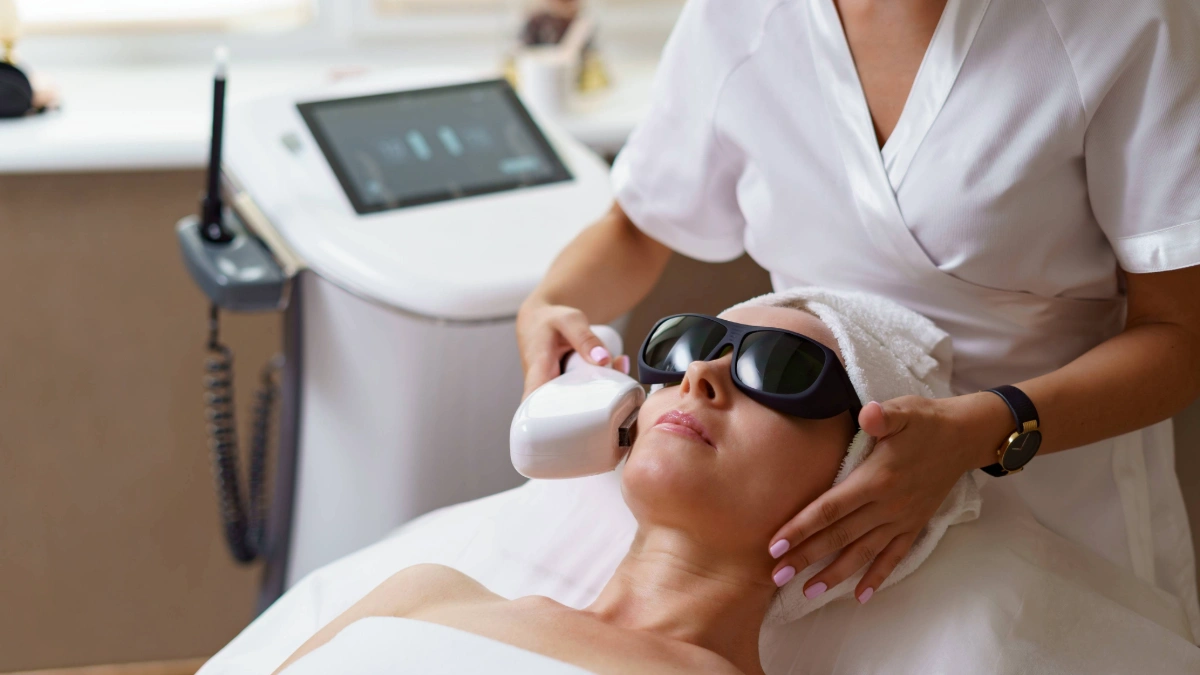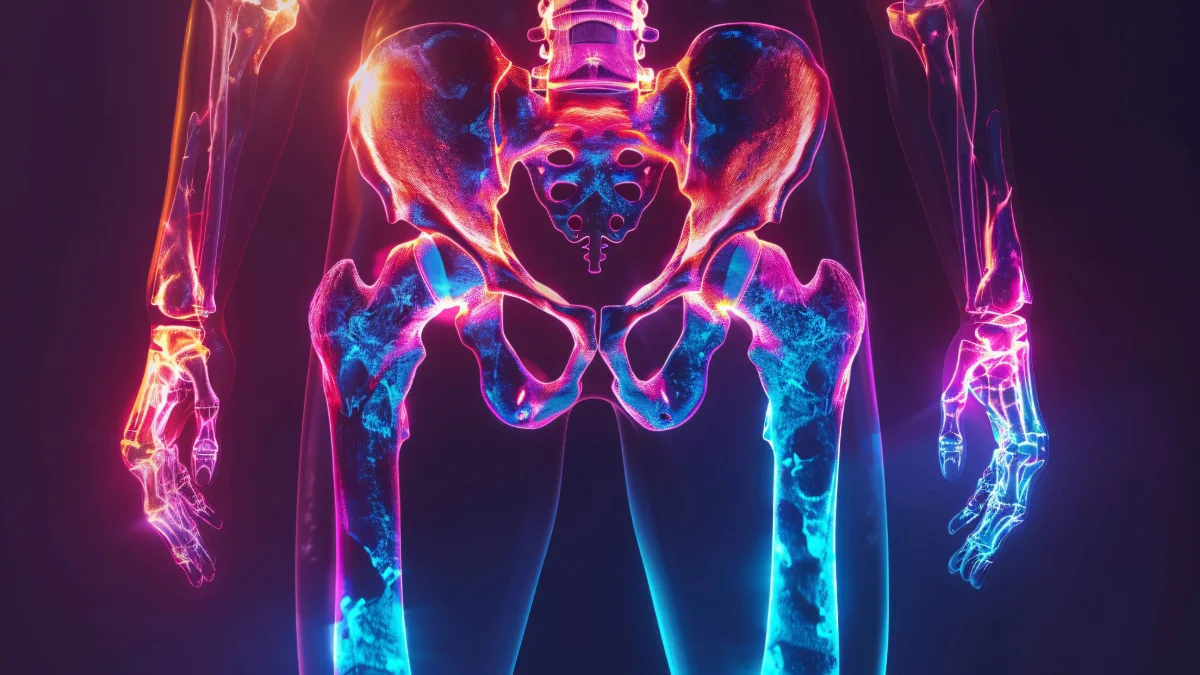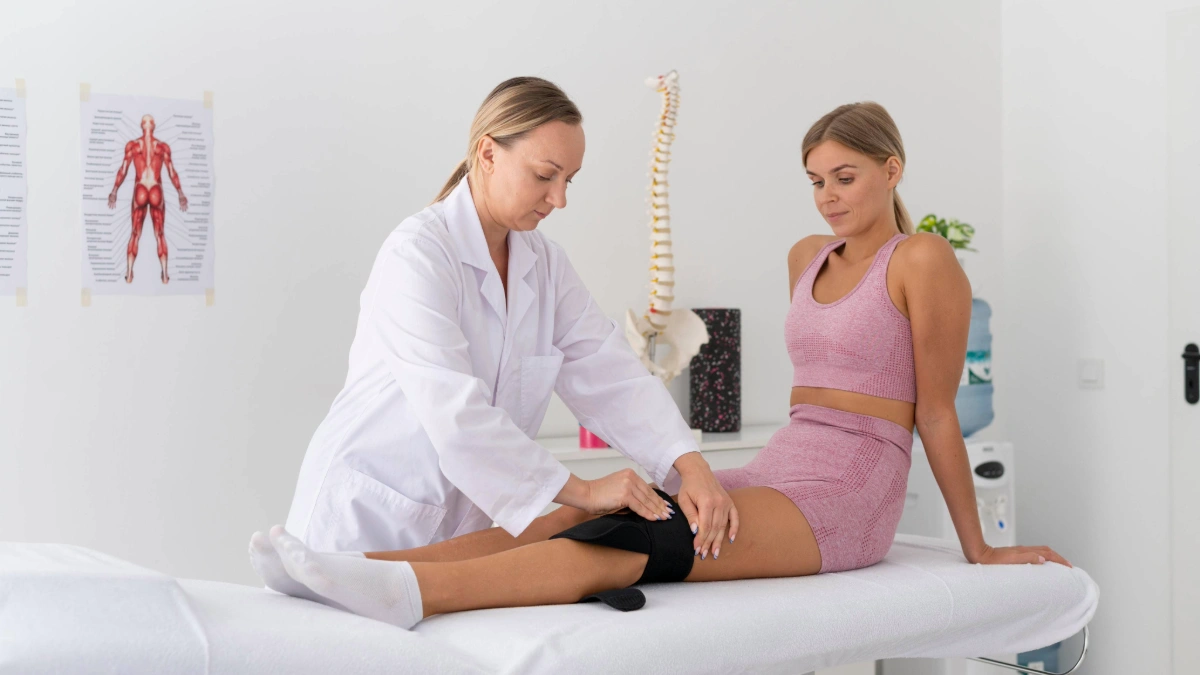Q-Switch Laser in Turkey has rapidly become one of the most sought-after dermatological treatments for individuals aiming to address pigmentation, scarring, tattoo removal, and skin rejuvenation. This advanced technology—widely adopted by top clinics across Turkey—is celebrated for its non-invasive nature, minimal downtime, and highly visible results. Whether you’re targeting age spots, melasma, or simply looking to rejuvenate your skin, the Q-Switch laser offers a scientifically backed and safe solution tailored to your needs.
What is Q-Switched ND: YAG Laser?
Q-Switched ND: YAG Laser is a high-performance laser system that delivers energy in short, concentrated pulses. This technology works by targeting melanin or ink particles within the skin, fragmenting them into smaller components that are later absorbed and eliminated by the body’s lymphatic system. Thanks to its variable wavelengths (1064 nm and 532 nm), this laser can treat a wide spectrum of skin issues while ensuring skin safety and consistent results.
Key Advantages:
- Targets pigment without damaging the surrounding skin
- Triggers collagen production by stimulating dermal fibroblasts
- Provides even energy distribution and deep dermal penetration
- Adjustable spot size (2mm–10mm) allows treatment of various areas
In Treatment of Which Diseases is Q-Switched Laser Used?
Q-Switch Laser in Turkey is widely used for:
- Blemishes and freckles
- Birthmarks and café-au-lait macules
- Sunspots and age spots
- Melasma and hyperpigmentation
- Benign nevi (e.g., nevus of Ota)
- Spider angiomas and capillaries
- Acne scars and post-inflammatory pigmentation
- Fine wrinkles and skin elasticity restoration
- Tattoo removal
- Hair bleaching
- Carbon peeling procedures
The technology’s versatility makes it ideal for patients seeking holistic cosmetic and dermatological solutions.
Who is Not a Good Candidate for Q-Switch Laser?
While Q-Switch Laser in Turkey is safe for most individuals, it is not recommended for:
- Pregnant or breastfeeding women
- People undergoing treatment for cancer or with a history of skin malignancy
- Those with active skin infections or severe dermatological conditions
- Individuals prone to allergic reactions
Consultation with a specialist is vital to assess your candidacy based on skin type, medical history, and treatment goals.
Benefits of Q-Switch Laser
Q-Switched ND: YAG Laser provides multiple benefits:
- High precision in targeting pigmented lesions
- Stimulation of collagen and elastin production
- Minimal pain and no significant downtime
- Safe for all skin types
- Effective for resistant pigmentation and old tattoos
- Proven efficacy in rejuvenating aged or sun-damaged skin
Patients often report enhanced skin tone, texture, and clarity within a few sessions.
How is Q-Switch Laser Performed?
This laser works by delivering energy directly to melanin-rich areas. The absorbed energy shatters melanin or ink particles without harming surrounding tissue. The body’s immune system then removes the fragmented pigment naturally.
How Many Sessions of Laser Do You Need?
The number of sessions varies:
- Tattoo Removal: 6–20 sessions, depending on colour, age, and depth
- Pigmented Lesions: 1–6 sessions spaced 3–4 weeks apart
- Melasma/Acne Scars: 3–6 sessions with visible improvements after the first session
Session intervals are usually 1–3 weeks, determined by a dermatologist during examination.
How Does a Q-Switch Laser Work?
Quick and Effective:
Pulse-to-Pulse (PTP) mode minimises side effects while maximising treatment efficiency. The energy is delivered in subpulses with short intervals, reducing discomfort and risk.
Easy and Reliable:
The adjustable spot size and consistent output ensure both safety and efficacy, especially in delicate areas.
Stable Energy:
Stable output and integrated imaging systems maintain treatment accuracy and energy consistency throughout the session.
What Must Be Considered After Receiving Q-Switched ND: YAG Laser Treatment?
Post-procedure care is crucial for optimal results:
- Avoid sun exposure and use high SPF sunscreen even on cloudy days
- Refrain from scrubbing, using exfoliants or alcohol-based products
- Skip hot baths or saunas on the treatment day
- Avoid makeup or cosmetics on the treated area
- Use only dermatologist-recommended creams
- Do not scratch scabs or healing skin
Mild redness or pinkness may appear and typically resolve within hours.
Side Effects
Side effects are rare and generally mild:
- Temporary redness or slight oedema
- Minor scabbing or flaking
- Rare allergic reaction to tattoo ink
- Very low risk of scarring
- Hyperpigmentation (especially with improper spacing between sessions)
Cold compresses and prescribed ointments usually alleviate discomfort.
Pigmented Lesions with Q-Switch Laser
The laser is highly effective in treating benign pigmented lesions:
- No need for topical anaesthetics for small spots
- Visible improvement after even one session
- Scabs may form but heal quickly
- Additional sessions may be required for deep lesions
- Post-care includes sunscreen and moisturisers
Prices of Q-Switch Laser Treatment
Prices for Q-Switch Laser in Turkey vary based on:
- Number and complexity of sessions
- Size of the area treated
- Type of pigment or tattoo being addressed
- Clinic and physician experience
It’s essential to prioritise medical quality and expertise over bargain pricing. Reputable clinics such as Avicenna International Hospital ensure premium care with advanced equipment and experienced dermatologists.
Who Can Benefit from Q-Switch Laser?
Q-Switch Laser treatment is ideal for:
- Men and women of all skin types
- Individuals with pigmentation, scars, or tattoos
- Patients looking for non-invasive rejuvenation
It is not suitable for:
- Pregnant/lactating women
- Cancer patients
- Those with active skin infections
In Which Areas Can Q-Switch Laser Be Applied?
This versatile treatment can be performed on:
- Face and neck
- Arms and hands
- Back and shoulders
- Chest and décolletage
- Anywhere pigmentation or scarring occurs
What Should Be Considered After?
Careful post-treatment steps include:
- No scratching or peeling of treated areas
- Avoiding harsh skincare products
- No direct sunlight or tanning
- Use of a cold compress to reduce redness
- Eat a skin-friendly diet and stay hydrated
Does Q-Switch Laser Cause Pain?
Most patients tolerate the procedure well. Sensations such as tingling or light pricking are common, but:
- No anaesthesia is typically needed
- Local cooling or numbing may be used for sensitive patients
- No post-procedure painkillers are necessary
- Discomfort fades within 3–5 days
When Should a Q-Switch Laser be Done?
Q-Switch Laser in Turkey can be performed year-round. However:
- Extra precautions must be taken during the summer months
- Use sunscreen diligently to avoid pigment relapse
- Autumn and winter are ideal for better healing outcomes
Does Q-Switch Laser Provide Permanent Results?
Q-Switch Laser offers long-lasting and often permanent results, depending on:
- Type and depth of pigment or tattoo
- Proper aftercare
- Patient’s lifestyle and sun exposure habits
For conditions like melasma or acne scars, maintenance treatments and skin care adjustments are recommended to prevent recurrence.
Q-Switch Laser in Turkey at Avicenna International Hospital
Consequently, Turkey stands out as a global hub for advanced dermatological procedures, and Q-Switch Laser in Turkey is at the forefront of this innovation. Thanks to its effective, safe, and versatile treatment for a wide range of skin conditions, this technology is truly transforming lives. Moreover, at Avicenna International Hospital, patients benefit from cutting-edge equipment, certified laser specialists, and holistic care tailored to individual needs.
Whether you’re targeting pigmentation, scarring, or rejuvenation, Q-Switch Laser is a proven, reliable choice for radiant, renewed skin.







